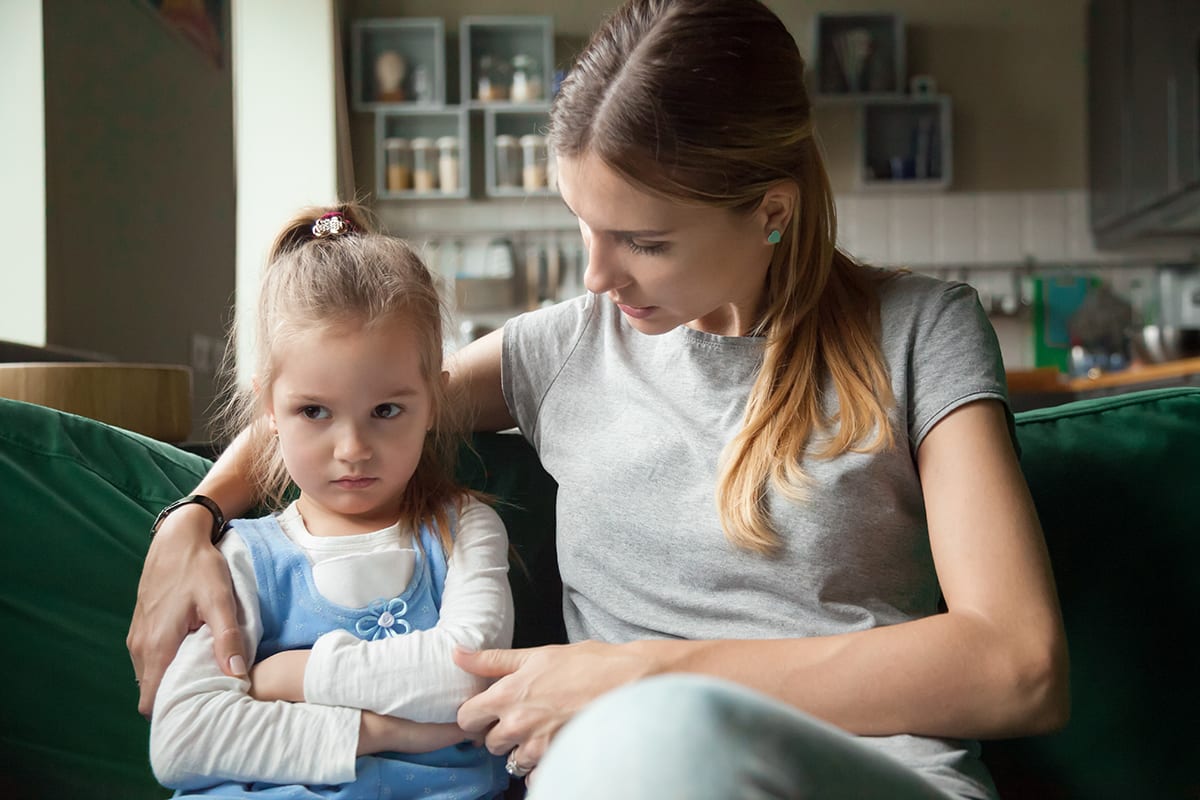
Our Nalley-Pickle & Welch staff has over 65 years of experience walking through difficult times with those in our community. This includes having conversations with children about illness, tragedy, and death. When Midland, Big Spring, and Stanton families walk through our doors, they depend on us for encouragement during challenging moments; right now is no different.
As our nation and our world continue to face the uncertainties of the COVID-19 crisis, we are here to help you any way we can – including offering advice about how best to support your children. During stressful events, children look to adults for guidance, so consider these tips for the days ahead:
 Model healthy ways of handling stress. When parents are anxious and fearful, children’s stress and anxiety may also increase. After all, you are their rock. They are perceptive and look to you to learn how to handle situations, including times of uncertainty. Trying to remain calm and reassuring doesn’t mean you have to constantly suppress how you actually feel. But as much as possible, it’s healthy for children to see their parents cope with adversity in a level-headed way.
Model healthy ways of handling stress. When parents are anxious and fearful, children’s stress and anxiety may also increase. After all, you are their rock. They are perceptive and look to you to learn how to handle situations, including times of uncertainty. Trying to remain calm and reassuring doesn’t mean you have to constantly suppress how you actually feel. But as much as possible, it’s healthy for children to see their parents cope with adversity in a level-headed way.
Provide information that is age appropriate. The way you talk to your children can increase or decrease their fear. Too many details may cause undue confusion. You can still be truthful and provide simple, brief information about COVID-19 while offering reassurance that you are there to help keep the family healthy. Avoiding the topic altogether may cause your child to worry even more. If your child asks questions, answer them honestly without volunteering too much unsettling information. You can also acknowledge that you don’t have the answers to everything right now.
Limit media exposure. The lure of the 24-hour newsfeed increases anxiety in many adults – so it’s especially important to pay attention to what your children are seeing and hearing. When your children are present, avoid watching or listening to information that might be upsetting.
Talk about what your family can do to stay healthy. Your kids may already practice certain habits year-round, including handwashing and coughing or sneezing into a tissue or their elbow. Explain to them that keeping a distance from others for a time is helping to protect everyone. This may be difficult for children to accept or understand. Extra support, reassurance, and attention will help your whole family. Make it clear that your children can always come to you with questions or to talk about what scares them.
Today and every day, our care team is available to you by phone to offer assistance. Together, our community is strong. Let us help you along the way.
